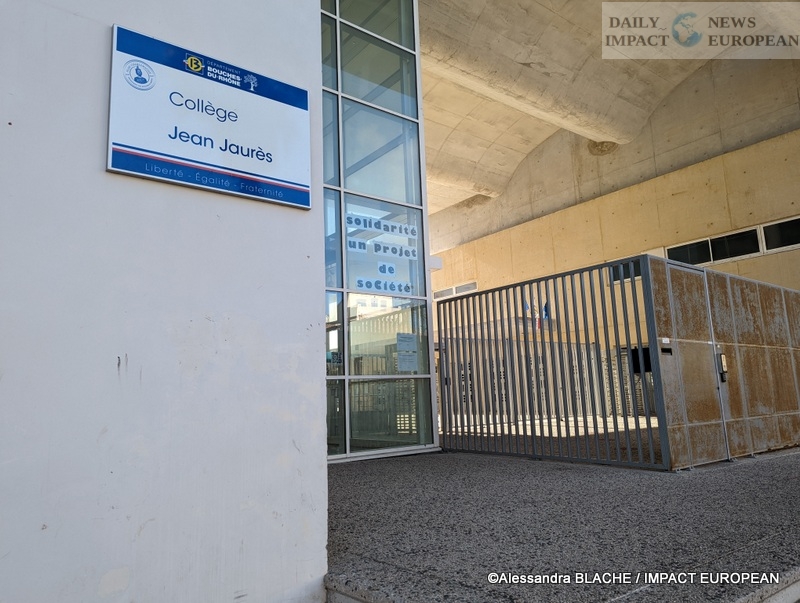While Montessori is gaining momentum, while Steiner is more widespread in Anglo-Saxon countries, another alternative pedagogy is worth noting: Freinet pedagogy. Initiated by Célestin Baptistin FREINET (1896-1966), a schoolteacher (born in the department of Alpes-Maritimes), it highlights the potential of the child and is structured around the essential principle of considering the child as a full player in his learning. In such a way, this pedagogy based on maieutics and group dynamics allows the child to gain self-confidence and autonomy. This method of teaching promotes the pleasure of learning as well as mutual assistance between students within classes, thus excluding any notion of competitiveness.
Although there is a strong network of primary and nursery schools with FREINET pedagogy throughout France, only two secondary schools (high schools) exist in France: the first, historic one, based in St Nazaire near Nantes (experimental school created in 1981) and the second, also located on the seafront, created in 2008 in La Ciotat in the Bouches-du-Rhône.
One of the notable features of the FREINET recruitment procedure is that the production of an administrative file alone is not sufficient; parents and children still need to write a letter of motivation!
Many parents come from far away, having « dropped everything » to integrate this school with alternative pedagogy. In other words, it is a real life project that irradiates the family and with which the parents are closely associated. In this regard, there is a genuine tripartite collaboration between the administration, teachers and parents: no more defiance of teachers, administrators and parents of pupils, too often widespread in national education. According to the formula: « Children are digging their own way »; he is also regarded as a full interlocutor, so that his word is taken into account just as that of any adult, even if he is a teacher…
Thanks to its differentiated pedagogy, FREINET is in a way a second chance school. However, and as one of the educational officers of the Collège Jean-Jaurès de la Ciotat states: « The secret to success is heterogeneity, that is, the recruitment and composition of classes is ideally done in the following way: a third of good students, a third of average students and a third of students in difficulty. »
Another key to the success of this innovative pedagogy: all ratings – inherently stigmatizing – are banned. In other words, maieutics and group dynamics work in synergy that often makes it possible to achieve exceptional, even unexpected results!







Views: 4



More Stories
Phenom 300E: The World’s Leading Light Jet for 14 Consecutive Years
Art Capital, 20 Years Already
Chers Parents Premieres in Paris